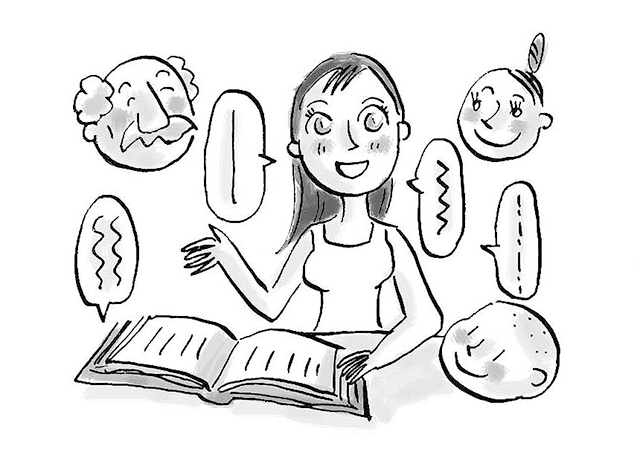Expressions in Japanese differ according to personal relations

In Japanese, words and expressions differ according to the personal relationships concerned, such as superior, inferior, friend, stranger, etc. Special terms are used for royal families. On the other hand, the Japanese language has male expressions and female expressions. In short, female speeches are different from male speeches. Furthermore, the Japanese language has a colloquial style (spoken language) and a literal style (written language).
This means that, for instance, if you translate an English novel into Japanese, the translation cannot be expected to be good unless you understand the characters in the novel. It seems that these complicated forms of expression have come from the character of the Japanese, an agricultural, islandbased nation that has placed importance on creating harmonious personal relations.
The expressive power of English can be described as a “simple text file.” Although the text words cannot be emphasized or highlighted, they are compatible with many different kinds of software. In contrast, Japanese can be described as a “Word file.” You can express the words in many different formats including enlarged, bold and colored. However, it takes time to learn and it has low compatibility.
It must be a burden for students of Japanese to learn these differences. However, females’ conversation is becoming similar to males’ these days and respectful language (ie: for seniors) is being used less than before. It will not be rude to anyone, if you use standard terms (for example, “you” is “anata” and “I” is “watashi”) in “desu / masu” style.
